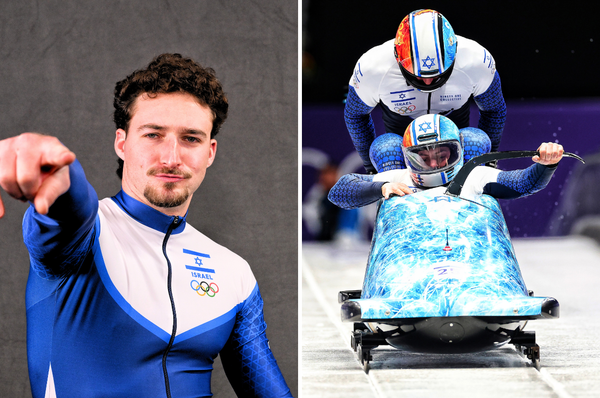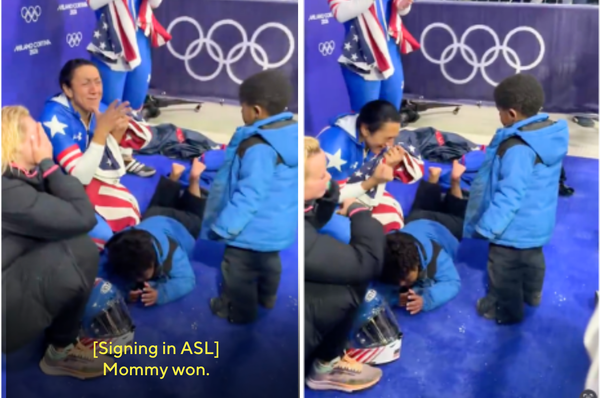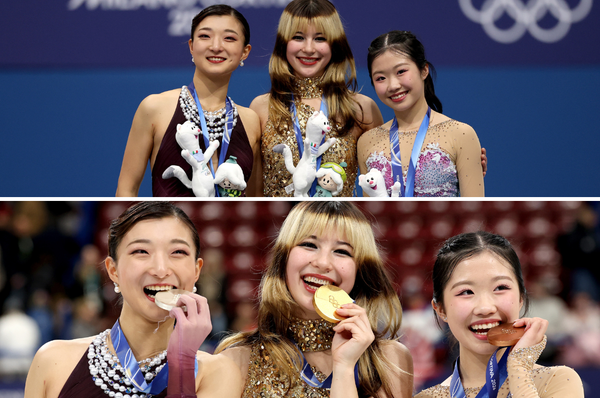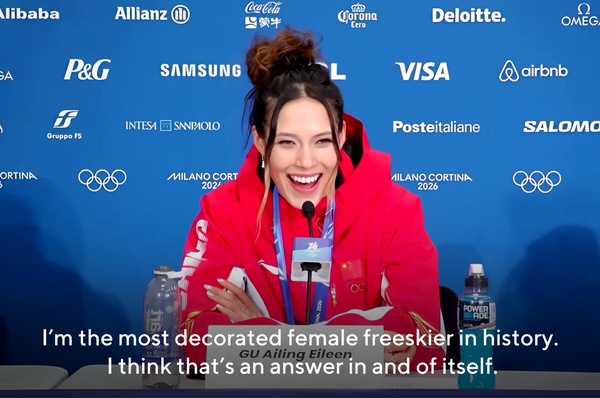Women’s Soccer Teams Are Taking A Knee At The Olympics Before Their Matches Against Racial Injustice
After Great Britain’s women’s soccer team took a knee before its Olympics match, women’s soccer teams from around the world have been participating in the protest movement.
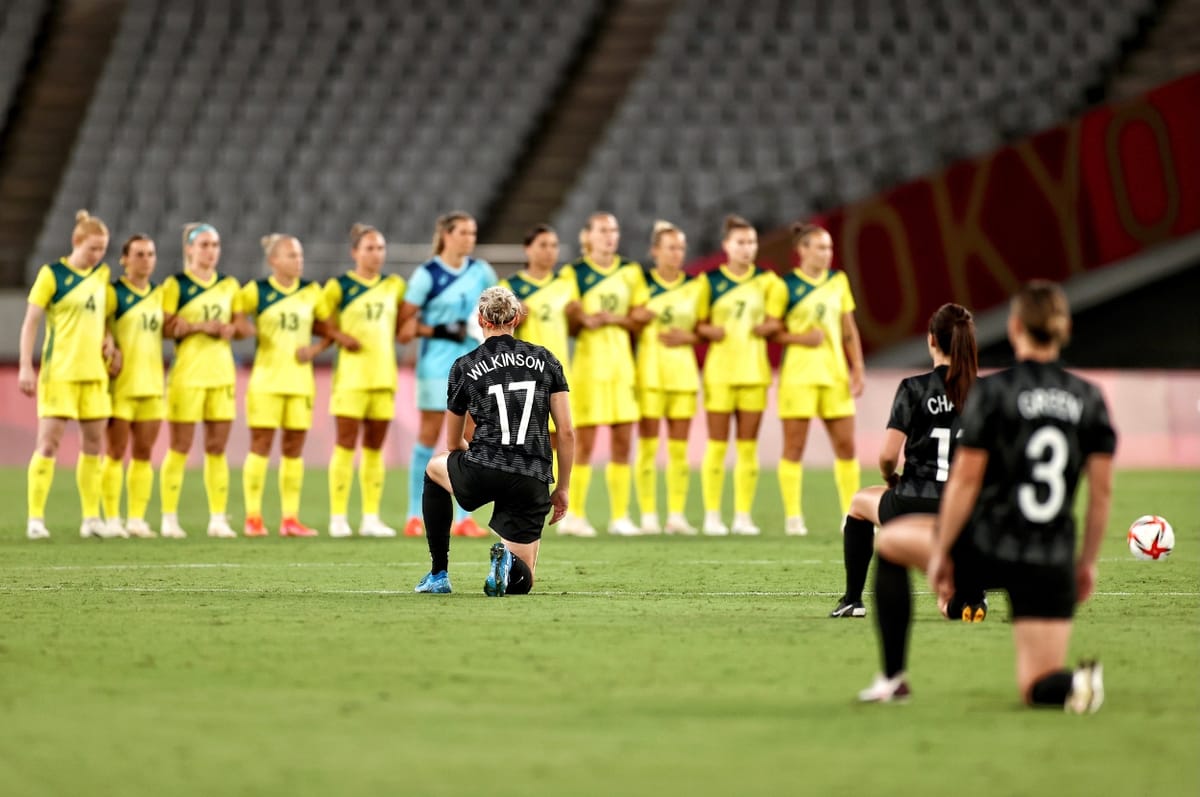
Before their opening match on Wednesday July 21 at the Tokyo 2020 Olympics, Great Britain’s women’s soccer team took a knee in a protest against racial inequality and discrimination. Team Chile responded in kind, also dropping to one knee in solidarity.
“Taking the knee was something we spoke about as a group,” Team GB captain Steph Houghton said after the game, which Britain won 2-0. “We want to fight all forms of discrimination and as a group of women we wanted to kneel against it.”
“It was a proud moment because the Chile players took the knee too to show how united we are as sport,” she added.
Later in the day, US and Sweden players also knelt before their match, which Sweden won 3-0.
New Zealand’s team also did the same before their game against Australia, which Australia won 2-1.
However, the moments, captured on live TV, were missing from the official Tokyo 2020 social media.
An insider told the Guardian that the International Olympics Committee and Tokyo organizers had prohibited their social media teams from posting any photos of athletes taking a knee during the Games.
The IOC has yet to comment on the matter. Peaceful protesting was previously banned by Rule 50 of the Olympic charter, which prohibited “demonstration or political, religious or racial propaganda” of any kind.
However the rules were relaxed ahead of the Tokyo Games after a consultation since June 2020 with input from thousands of athletes around the world.
Athletes now “have the opportunity to express their views” before and after events, during press and media but not during the opening, closing and medal ceremonies or at the Olympic Village.
Protests also cannot be “targeted, directly or indirectly, against people, countries, organisations and/or their dignity or be ‘disruptive’ such as ‘during another athlete’s or team’s national anthem and/or introduction.’”

